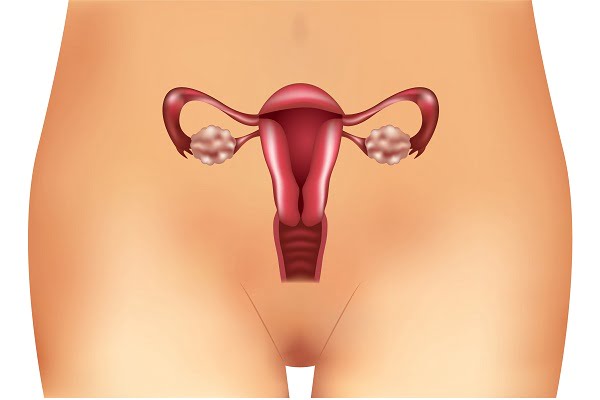Browsing: Cancers
 The page provides quick access to a list of common diseases, syndromes, health conditions, and other topics of health importance related to cancer. The list is organized alphabetically. Links are provided to respective diseases sections that serve as a comprehensive and ultimate guide about the disease or health condition.
The page provides quick access to a list of common diseases, syndromes, health conditions, and other topics of health importance related to cancer. The list is organized alphabetically. Links are provided to respective diseases sections that serve as a comprehensive and ultimate guide about the disease or health condition.
For normal growth and development of our body, cells continue to grow and divide to form new similar type of cells. If any cell starts dividing abnormally, it develops into a tumor which leads to cancer formation. Cancer can occur in any part of the body such as affecting the blood cells, bone, nerve, adrenal gland, ovaries etc.
There are several reasons that can turn a normal body cell to develop abnormally and become cancerous. Significant factors which can lead to various types of cancers are due to exposure of chemical or toxic compounds, ionizing radiation, certain pathogens and human genetics.
Cancer is among the leading causes of death worldwide. In 2012, about 14.1 million new cases and 8.2 million cancer-related deaths have been reported around the world. In women, breast cancer is most prevalent, whereas in men, prostate cancer is quite frequent. Lung cancer and colorectal cancer affect both men and women with high incidence rate.
There are over 200 different types of cancer. The most common type of cancers are breast cancer, lung and bronchus cancer, prostate cancer, colorectal cancer, skin cancer, bladder cancer, non-Hodgkin lymphoma, kidney and renal pelvis cancer, endometrial cancer, leukemia, pancreatic cancer, thyroid cancer and liver cancer.
Escaping the Breast Cancer: Different Ways to Cope a Breast Cancer Diagnosis
Breast Cancer: Emotions & Feelings According to the Centers for Disease Control and Prevention, one out of eight women get…
What Are the Things to Do to Raise Money for Cancer? If someone dear to you has been diagnosed with…
Breastfeeding and Breast Cancer Breastfeeding has a protective effect on reducing the risk of breast cancer, as per many studies.…
Breast Cancer Breast cancer is a severe and most common problem observed in one in every eight women in the…
Women with breast cancer undergo many heavy treatments such as surgery, radiotherapy, and, in particular, chemotherapy. Due to all this, many…
Living with cervical cancer can be a life-changing experience. Many changes may occur, such as attitudes change, priority change, change in perspective towards life, etc. Some women affected by cervical cancer can no longer have children or may face other health issues. Cancer survivors have to look for different ways to cope with the after-effects of cancer.
Cervical cancer is caused due to various factors including DNA mutations, gene defects, and infection by HPV. HPV has greater chances of causing cancers of the cervix as well as cancers of the penis in men. Infection by HPV can also lead to cancers of the mouth, throat, and anus in both men and women.
Cervical cancer is not hereditary, but there are chances of cervical cancer to run in some families. Almost 95% of its cases are due to persistent infections by the HPV virus. About four out of five sexually active women (about 75 to 80%) can be infected with some type of HPV throughout their lives. But, it is not mandatory that all these women will acquire cervical cancer.
Breast cancer is a form of the disease in which breast cells become abnormal and start multiplying abnormally to form a tumor. Breast can is commonly found in women, but it can also develop in males. The genetics of breast cancer involves mutation of some genes which increase the risk of a woman to develop breast cancer. BRCA gene (BRCA1 and BRCA2 gene) mutation is responsible for the majority of inherited breast.
Most salivary gland cancers are benign and do not spread to other body parts, but some salivary gland cancers become cancerous and spread to other body parts and can be lethal. Salivary gland cancer involves different types of surgery, including neck dissection, parotidectomy, submandibular or sublingual gland excision, etc. All these surgeries are performed carefully to avoid any serious damage to the nearby organs.













